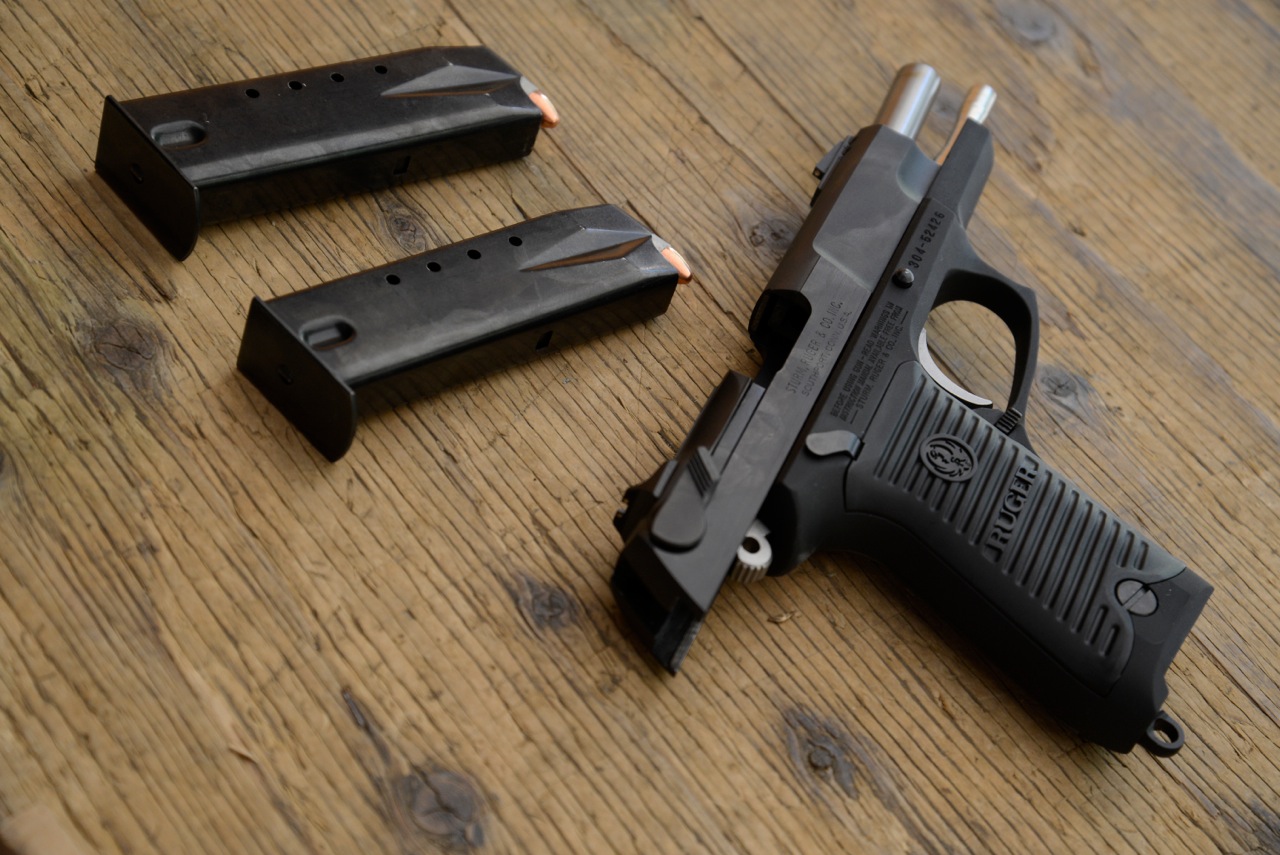
essay
Loaded: A Conversation About American Gun Culture
Aristotle believed “the law is reason free from passion.” In looking at America’s ongoing debate regarding the Second Amendment, it becomes necessary to question whether or not that statement holds true.
Bold opinions about gun rights have continually dominated discussions, such as: “Our country owed all her troubles to him, and God simply made me the instrument of his punishment” (John Wilkes Booth referring to Abraham Lincoln); “The gun is the only thing that will free us” (Bobby Seale); and “The only thing that stops a bad guy with a gun is a good guy with a gun” (Wayne LaPierre).
There are nearly three hundred million privately owned firearms in the United States, including one hundred and six million handguns, one hundred and five million rifles, and eighty-three million shotguns. While the gun is often viewed as an equalizer, it is also very much a divider. It polarizes groups on ideological and physical levels. At the root of all these debates is the desire for security, so politicians, historians, journalists, and artists alike depend upon well-crafted speeches and stories to sway public opinion towards either looser or stricter gun control measures. Citizens largely draw upon their own personal experiences to determine their support or opposition to such measures. The dialogue is highly emotional.
These video stories feature individuals from across Oregon. One audio piece focuses on the violence that ensued during a Mother's Day parade in New Orleans' 7th Ward neighborhood. Each story is fuelled by sentiment: nostalgia, pride, respect, grief, fear, attention, or power.
Meet muzzleloader enthusiasts James Sheets (Screamin' Phern), Jerrie Marshall (Hoot), and Don Nissen (Cotton Mouth). All members of the Barlow Trail Long Rifles gun club in Sandy, they’re devotees of the one shot—a form harkening back to the American Revolution. See the tradition of father Jake Tompkins teaching his son Kyle the fundamentals of hunting and values of manhood. Listen to trick shooter and shotgun instructor Bud McDougal, whose grandmother taught him how to handle a .22 at six years old.
Then realize the more somber aspects of such a powerful weapon. Jenna Passalacqua’s mother, Cindy Yuille, was killed at the Clackamas Town Center shootings in December. “I never had a reason to care about this issue before,” says Jenna. “It is completely personal, completely about my mom.” A University of Oregon graduate, Jenna has turned her life towards activism, speaking publically about gun responsibility. At 24 years old she says, “I still feel like now I have to grow up without a mom.”
Two other videos focus on gun ownership as a means of self-defense. Liysa Swar shot and killed her husband and served twelve years in prison. “I believed him when he said he wouldn’t do it again,” she says of her former husband’s years of physical and emotional abuse. Believing that politicians have exploited “the deaths of innocent victims by advocating for laws that would prevent honest, law abiding Americans from possessing certain firearms and ammunition magazines,” Linn County Sheriff Tim Mueller penned a letter to Vice President Joe Biden, refusing to enforce new gun control measures within his jurisdiction.
Mass shootings in recent years have been linked with a desire for attention. To address bullying concerns at Faulconer-Chapman School in Sheridan, Emily Chadwick’s fifth grade class has created a program called Step Up, which encourages positive decision-making and problem-solving skills. Another prevention measure can come through media practices, as preeminent forensic psychiatrist Dr. Park Dietz points out in an interview specifically addressing concerns of copycat mass murderers.
As you watch and listen to these stories, consider your own experiences. Reflect upon the history, the literature, and the legislation of our country’s past and present through reading a timeline of significant cultural events and legislative acts.
Guns provide hope but also instill fear. They can be comforting to some, a source of anxiety for others. They might be securely locked away in a basement or casually placed on a kitchen table. They could have fought the Redcoats at Lexington or claimed the life of a child in Connecticut. It is only through acknowledging this emotional complexity that America can understand why it so difficult to reach political consensus. Whether it’s the first shot taken or the last, the loaded gun uniquely affects us all.
– Emma Deans